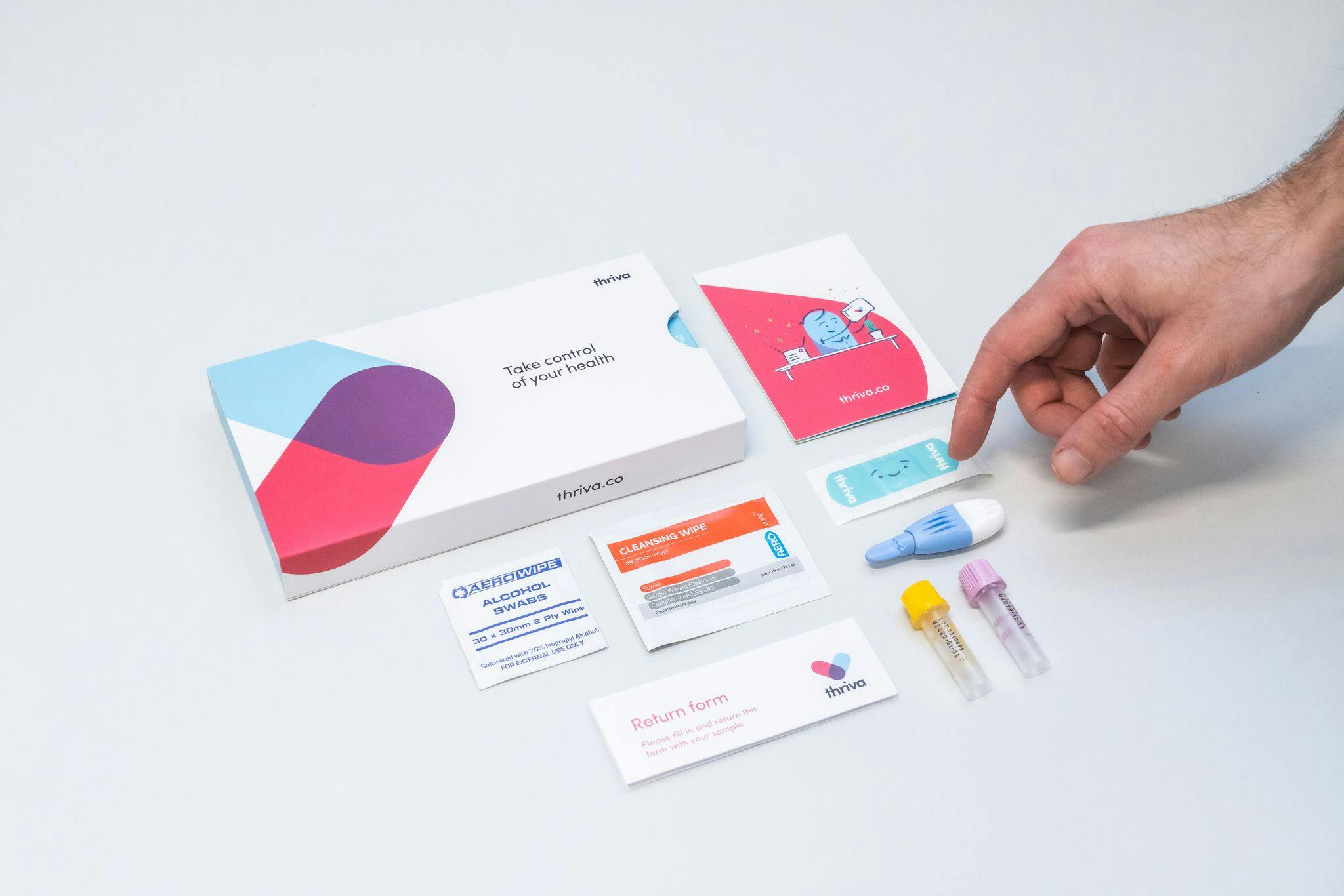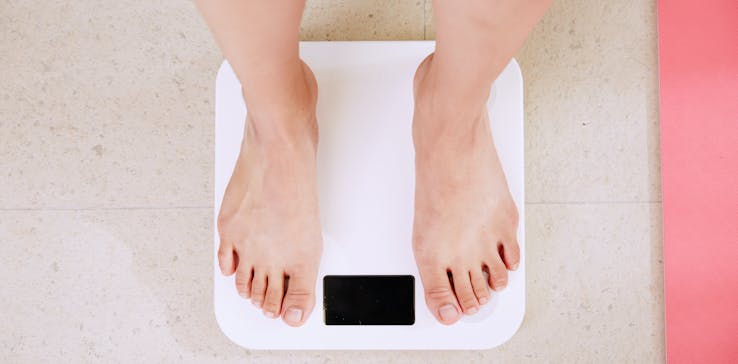PCOS blood test
£135.00
per test
- Free delivery
- Test arrives in 1-2 working days
- Results in as little as 48 hours
How can a PCOS blood test help you?
Learn if symptoms like irregular periods, acne, difficulty getting pregnant, or excess body hair (hirsutism) might be caused by polycystic ovary syndrome (PCOS).
This test checks for hormonal imbalances — like high testosterone levels. If they're high, and you have either irregular periods or an ultrasound scan confirming polycystic ovaries, PCOS can be diagnosed.
PCOS can increase your risk of diabetes, high cholesterol, and thyroid disorders. A PCOS blood test allows you to check this risk.

What's included in this blood test?
Advanced Testosterone (total and free)
Follicle-stimulating hormone
Luteinising hormone
Standard Thyroid Profile
Vitamin D
3-month glucose (HbA1c)
Standard Lipid Profile (Cholesterol and Triglycerides)
When should you do this test?
The best time to do this test is on day 3 of your cycle (day 1 is your first day of bleeding) — this is when your results can be accurately interpreted.
If you have irregular periods
— we recommend waiting until you have a period to get the most useful insights from this test.
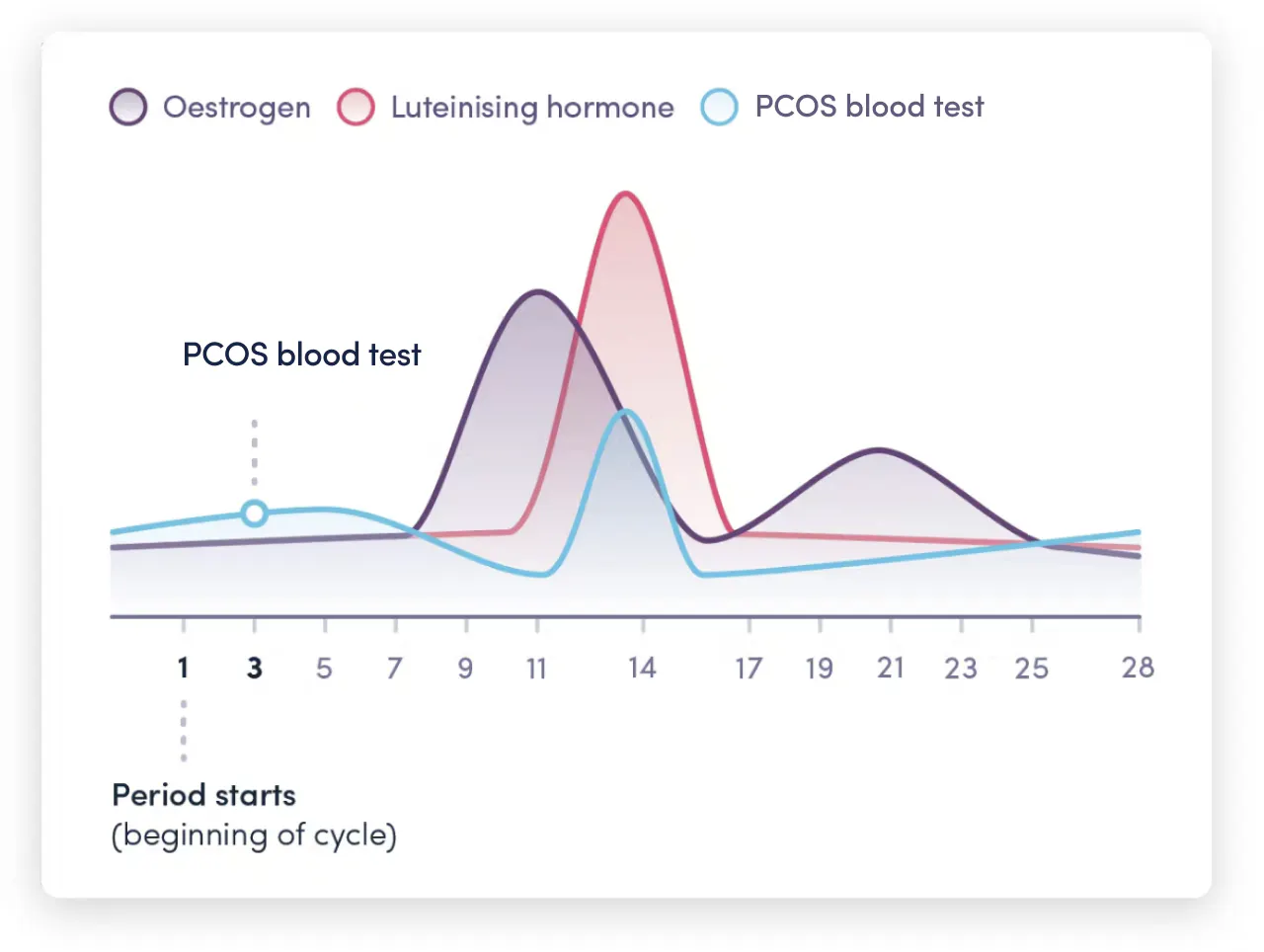
How it works
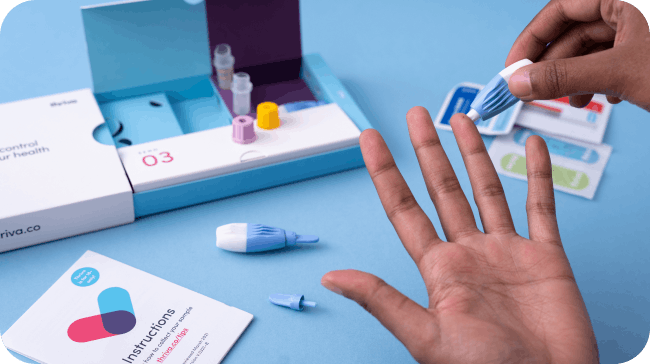
Do your test at home
Your test kit arrives in 1-2 days with instructions on how to take your sample. Then free post it back to the lab.
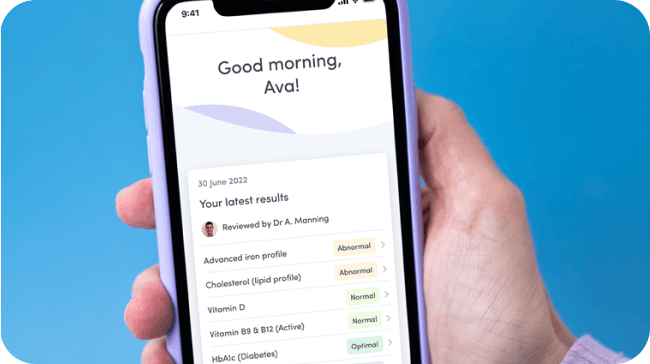
Fast, accurate results
You'll get a GP-reviewed report and personalised recommendations to improve or maintain your results.
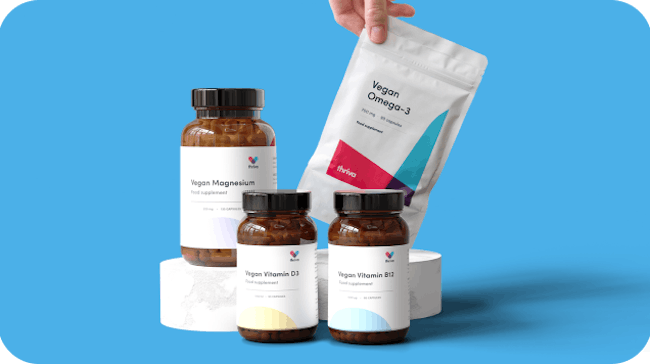
Support your hormones
From lifestyle tips to dietary advice or premium supplements, follow your personalised advice to support your hormonal health.
Hone in on your hormones
“Polycystic ovary syndrome (PCOS) affects around 1 in 10 women in the UK. Symptoms differ from woman to woman, so checking your hormone levels is essential."
— Dr Macarena Staudenmaier, MD, MSc
Clinical Innovation Lead at Thriva

You're in safe hands
Experienced doctors
We work closely with our team of experienced doctors to make sure everything we do is safe and based on the latest research.

GDPR
Your data is in safe hands. We use the latest encryption technologies and continually assess our GDPR compliance.

Accuracy
Our blood testing kits are CE-marked, and we work with UKAS-accredited labs that are registered with the Care Quality Commission (CQC).

